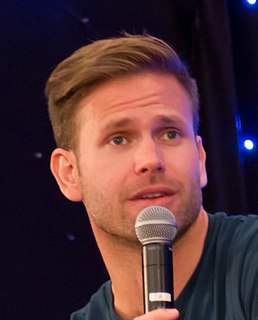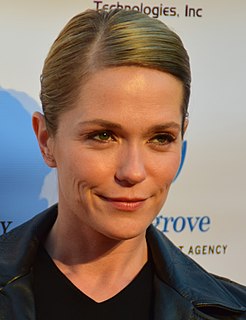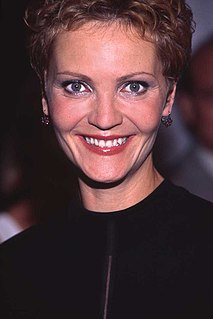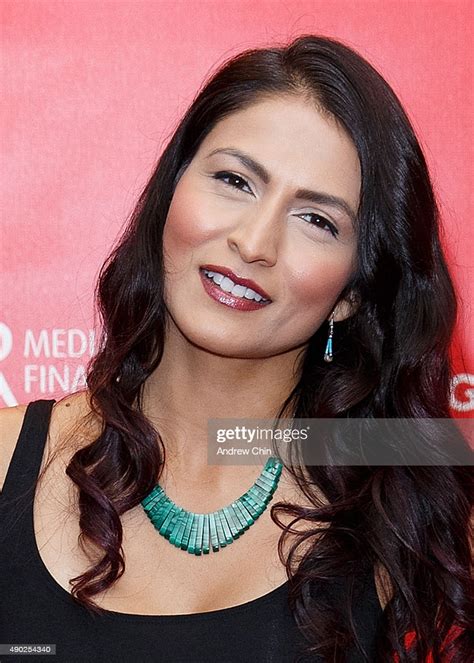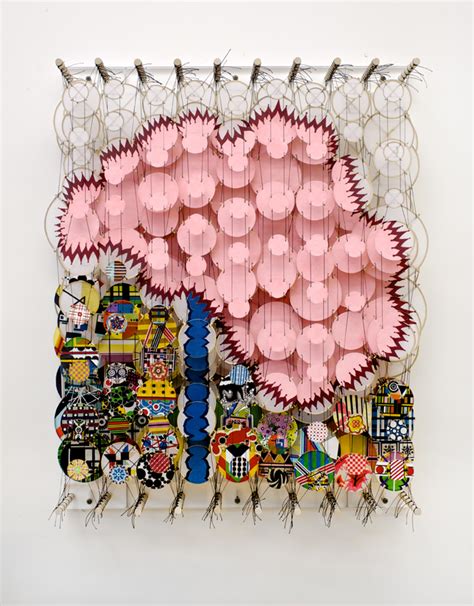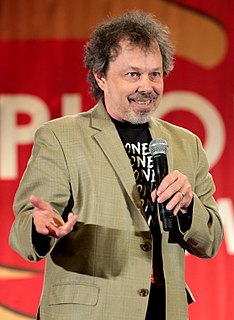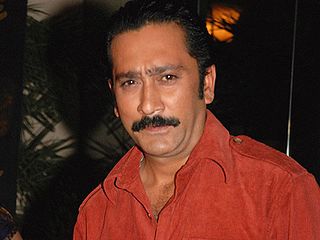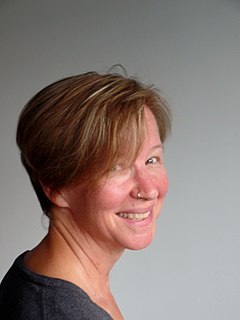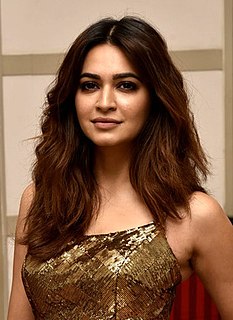A Quote by Barun Sobti
For me, as an actor, the challenge is mostly before the film starts when you have to get into the psychology of the character.
Related Quotes
As an actor, you're lucky if you get a month before a project starts. There are times when you get a day before a project starts. So to be able to really sit and inhabit that mind and the story is really beneficial, and it really helps for me to be able to then compartmentalize as we're shooting and detach and go somewhere else.
It was a very, very intense film for me. I almost lost my mind because there are scenes where I have to kill people, and that energy is absolutely overwhelming. At the same time, as an actor, you never play a character with judgment. It's not my place to judge the fact that she kills people. It's for me to look at her psychology to see what makes her do that.
I work very physically as an actor. The biggest thing for me has been the challenge of how to be this person [Olivia Pope] with the personal transformation that's going on for me physically... That hasn't been easy. It's been an awesome challenge for me...because so much of how I access character is through my body.


